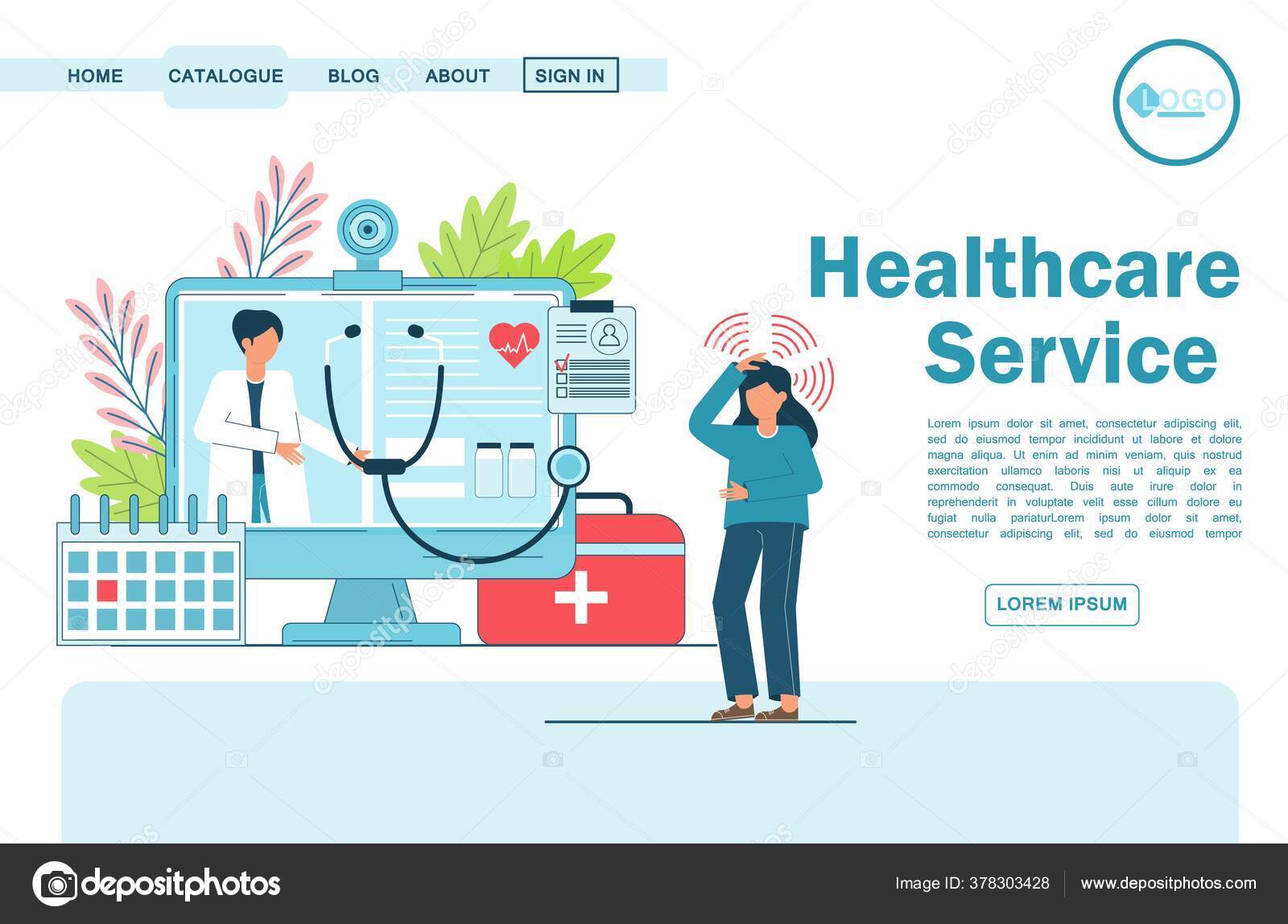Discover the Conveniences of Subscription Based Healthcare for Affordable Medical Care
Discover the Conveniences of Subscription Based Healthcare for Affordable Medical Care
Blog Article
The Increase of Subscription-Based Medical Care and Its Effect On Individual Treatment
As healthcare develops, the subscription-based design is getting traction, assuring to revolutionize individual care by providing predictability and access. These versions, which bypass traditional insurance coverage, can redefine the patient-doctor dynamic, stressing preventative and personalized treatment. Yet, similar to any kind of innovation, they present challenges, particularly concerning fair access for all socioeconomic teams. The potential for these versions to improve health care delivery raises pushing concerns about their long-lasting sustainability and inclusivity. Are these registration solutions the future of healthcare, or do they take the chance of leaving susceptible populations behind? The intricacies of this change warrant a better assessment.
Comprehending Subscription Medical Care Models
Realizing the idea of registration health care models includes analyzing a transformative strategy to medical solutions that emphasizes price and ease of access. These versions, typically referred to as direct medical care (DPC) or attendant medicine, have emerged as ingenious options to standard fee-for-service health care systems. Subscription medical care allows individuals to pay a set monthly or annual cost for a specified collection of clinical solutions, which might consist of limitless workplace visits, regular check-ups, and fundamental laboratory examinations, without the need for conventional insurance policy billing.
The structure of registration medical care models is created to simplify patient care by getting rid of third-party payers and complex billing codes, thus minimizing management worries. Doctor can concentrate more on patient care, fostering stronger patient-provider connections. This design additionally advertises preventative care by encouraging routine brows through, as the financial obstacle of per-visit costs is removed.
The subscription version commonly equips doctor to manage smaller sized individual panels, enabling more customized care. It aligns economic motivations with patient wellness end results, as providers are encouraged to keep client fulfillment and wellness. In general, understanding registration health care designs requires acknowledging their potential to improve how treatment is provided and accessed.
Benefits for People and Suppliers

With a steady earnings stream, healthcare specialists can dedicate even more time to each person, leading to a much more extensive and personalized care experience. The focus on preventive care within registration plans can lead to much better person results and minimized long-lasting healthcare expenses.
Challenges and Worries
While subscription-based healthcare designs existing countless advantages, they additionally come with a set of difficulties and problems that should be attended to. Accessibility stays a substantial concern, as these versions commonly target people that can manage regular monthly fees, potentially excluding low-income populations. This raises ethical questions about fair accessibility to medical care services. Furthermore, the different nature of registration plans can bring about complication among clients pertaining to coverage specifics, potentially resulting in unmet expectations or inadequate care.
Financial sustainability of subscription-based designs is another problem. Companies must stabilize the fixed income from registrations with the variable costs of medical care services, which may vary because of unexpected medical requirements. This can develop pressure to restrict solutions or rise charges, possibly influencing patient complete satisfaction and care top quality.
In addition, regulative oversight of subscription-based health care versions is still progressing. The lack of standard frameworks can bring about inconsistent solution high quality and liability, making complex initiatives to make certain person defense. Last but not least, the integration of modern technology-- typically a keystone of these models-- increases inquiries regarding information personal privacy and security, as delicate person info could be susceptible to breaches. Addressing these difficulties is critical for the equitable and effective implementation of subscription-based healthcare.
Influence on Patient-Doctor Relationships
One substantial influence of subscription-based health care designs on patient-doctor relationships is the capacity for boosted connection and individualized treatment. By adopting a membership version, physicians can manage a smaller patient panel, enabling more committed time with each individual. This boosted schedule fosters a much deeper understanding of a client's case history, way of life, and preferences, enabling a lot more tailored therapy strategies and treatments.

Nevertheless, it is very important to identify that while subscription-based models may benefit those that can manage them, they could inadvertently expand healthcare disparities. you can try these out Patients that are not able to join these models could experience decreased access to individualized care, potentially affecting their relationships with doctor. Therefore, while the registration design provides promising advantages for patient-doctor partnerships, it also positions difficulties that require to be addressed to make certain equitable health care access.
Future of Healthcare Gain Access To

The duty of modern technology can not be neglected in this transformation. Telemedicine platforms find more and electronic health and wellness documents help with smooth interaction between clients and doctor, breaking down geographical and logistical barriers. Furthermore, improvements in expert system and data analytics can additionally customize healthcare by predicting client requirements and maximizing treatment plans.
Nonetheless, the future of healthcare access likewise provides challenges, such as making certain equity throughout different socio-economic teams. Policymakers and doctor have to work together to bridge the digital divide, making sure that subscription-based versions remain inclusive and economical. As these systems mature, they hold the assurance of making medical care extra available, effective, and patient-centric.
Verdict
Subscription-based healthcare models are reshaping patient treatment by supplying a stable expense structure and improving accessibility. The rise of subscription-based health care encourages proactive individual involvement, which has the prospective to enhance client results and fulfillment, indicating a transformative shift in healthcare shipment.
As health care advances, the subscription-based design is obtaining grip, promising to transform client treatment by using predictability and availability.Subscription-based health care models supply distinct benefits for both companies and patients, improving the general medical care experience.As health care systems progress, the future of medical care accessibility often pivots on the combination of cutting-edge models and modern technologies.Subscription-based health care versions are reshaping client care by supplying a stable price framework and improving accessibility. The increase of subscription-based health care motivates proactive individual involvement, which has my review here the possible to boost client outcomes and complete satisfaction, signaling a transformative change in healthcare distribution.
Report this page